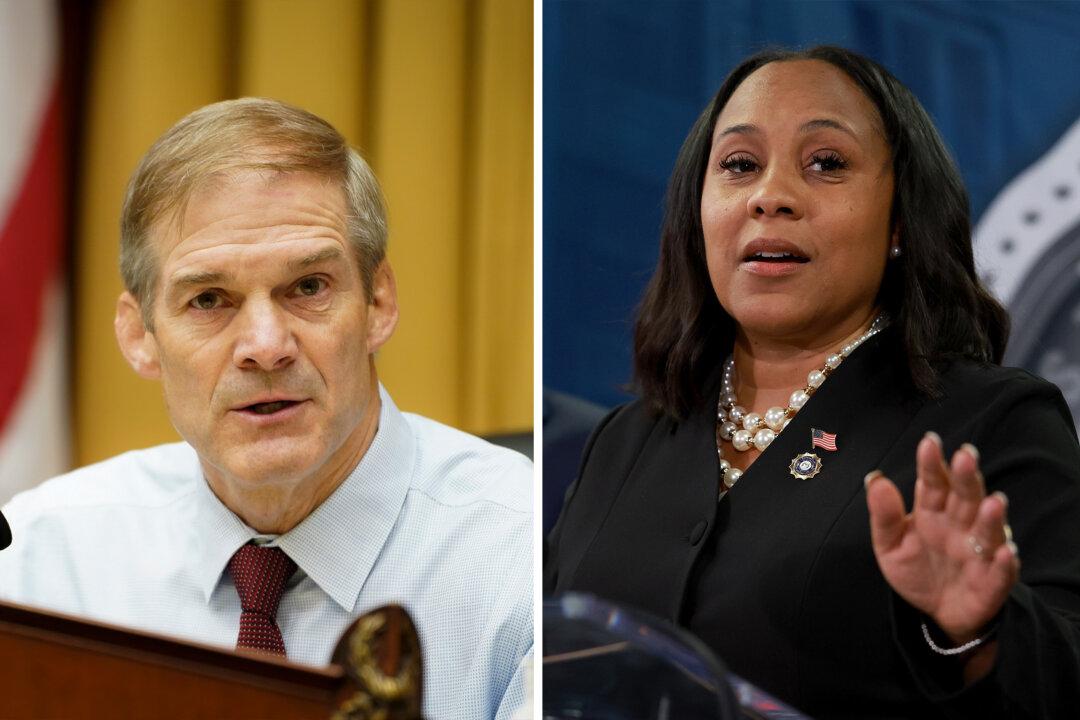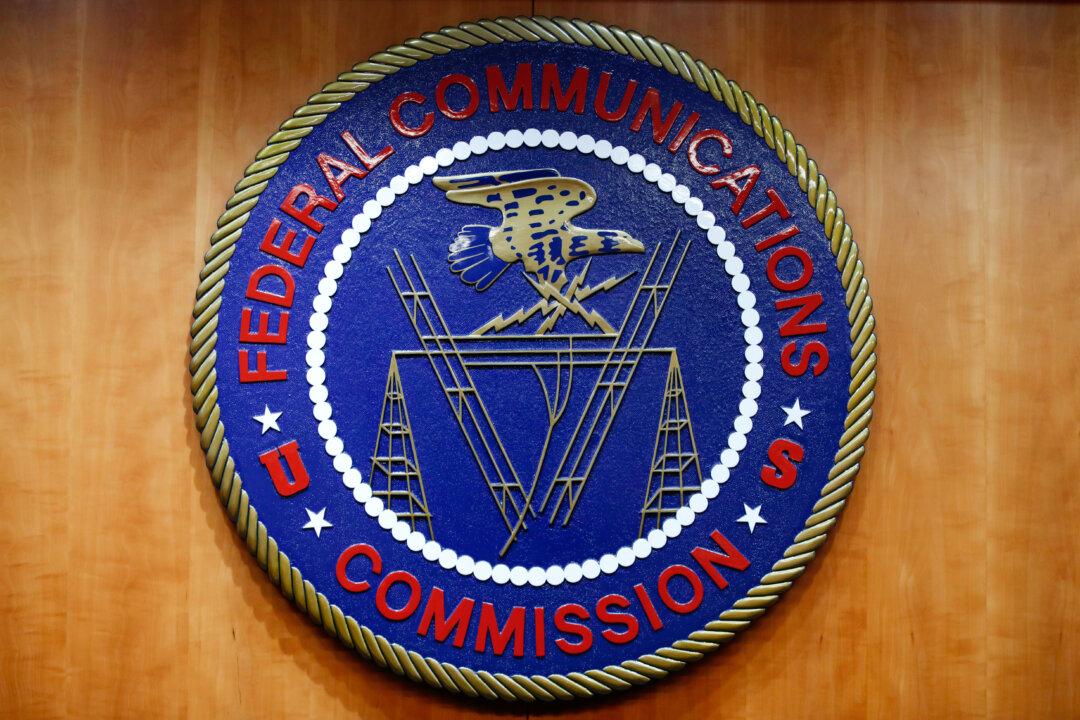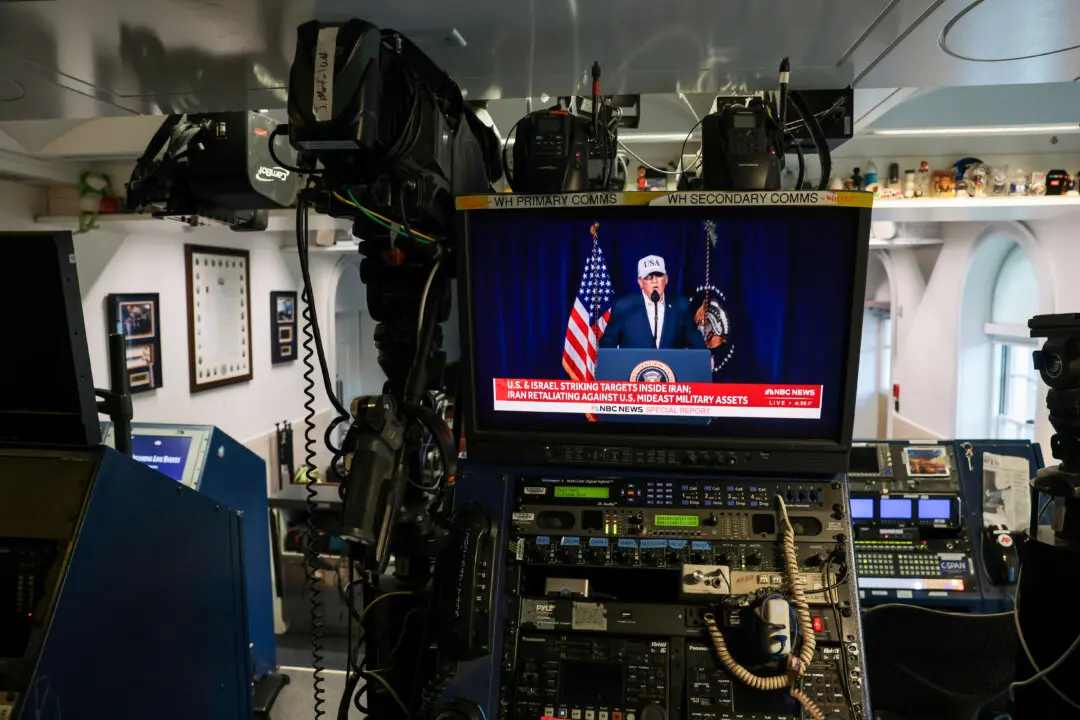On Sept. 27, Rep. Jim Jordan (R-Ohio) sent a response to Fulton County District Attorney Fani Willis’s strongly worded letter accusing him of interfering with a state investigation into former President Donald Trump.
Mr. Jordan is counter-accusing Ms. Willis of pursuing the case for political reasons, using the indictment against a former president to advance “her own notoriety.”





